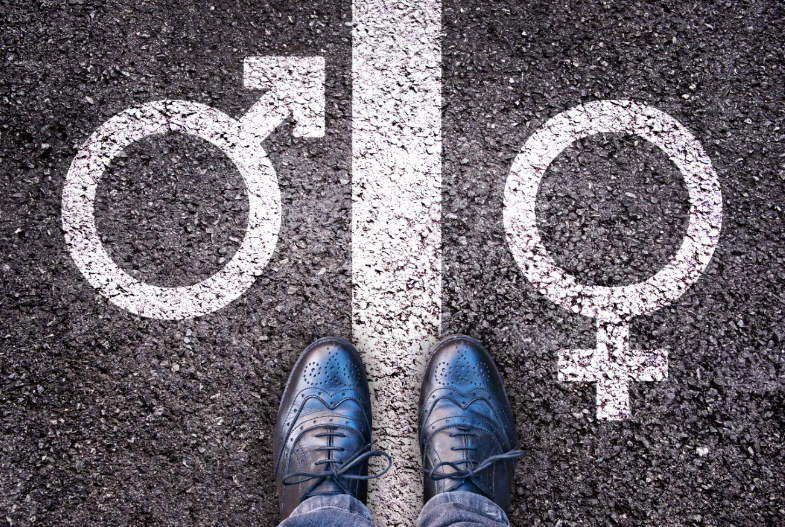What was the claim?
The case involved an engineer, Ms Taylor, a trans woman who was born a biological male. In 2017, she informed her managers at Jaguar that she was planning to transition and began wearing female attire to her workplace. As a result, Ms Taylor suffered harassment and discrimination from colleagues.
Ms Taylor later resigned and claimed constructive dismissal (arguing that she had to resign because her employer had created a hostile work environment), as well as various forms of discrimination on the grounds of gender reassignment.
Transition over identification?
During the hearing, Jaguar argued that Ms Taylor did not fall within any of the protected characteristics of the Equality Act since she self-identified as ‘gender-fluid’ and ‘non-binary’ on occasion.
However, the tribunal held that Ms Taylor was protected by section 165(1) of the Equality Act, which states that “a person has the protected characteristic of gender reassignment if the person is undergoing or has undergone a process (or part of a process) for the purpose of reassigning the person’s sex by changing the physiological or other attributes of sex.”
Based on this wording, the Tribunal found that Ms Taylor was ‘on a journey of transition’, regardless of how she chooses to identify. The tribunal also found that a journey of transition does not have to involve medical processes.
Thus, Ms Taylor succeeded in her discrimination, harassment, and constructive dismissal claims.
Could this case set a precedent?
Since this is a first instance tribunal decision, it does not set a precedent. This means that a Tribunal will not be bound to follow this decision in the future.
However, this decision has been widely published as foreshadowing a development in the law that would bring gender fluid and non-binary status into the scope of protected characteristics.
Jaguar may decide to appeal the decision. If so, the case would go to the Employment Appeals Tribunal. Jaguar would need a valid reason for appealing such as if it contends that the Tribunal got the law wrong or applied it incorrectly. We should know shortly whether Jaguar will appeal the decision or not.
Regardless of what Jaguar decides to do next, this decision has been celebrated by some as a progressive, widening of the protected characteristic of gender reassignment. It would not be surprising if this now leads to further claims by employees who identify as gender fluid or non-binary.



